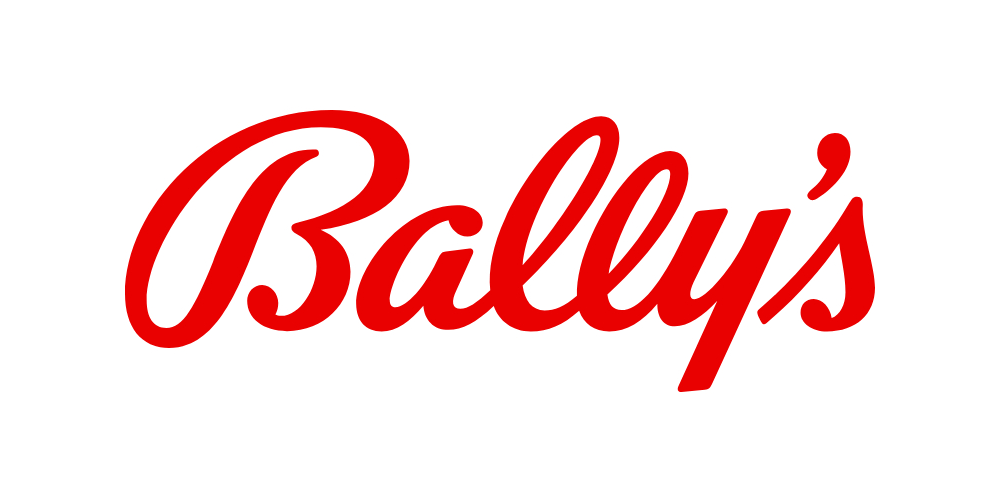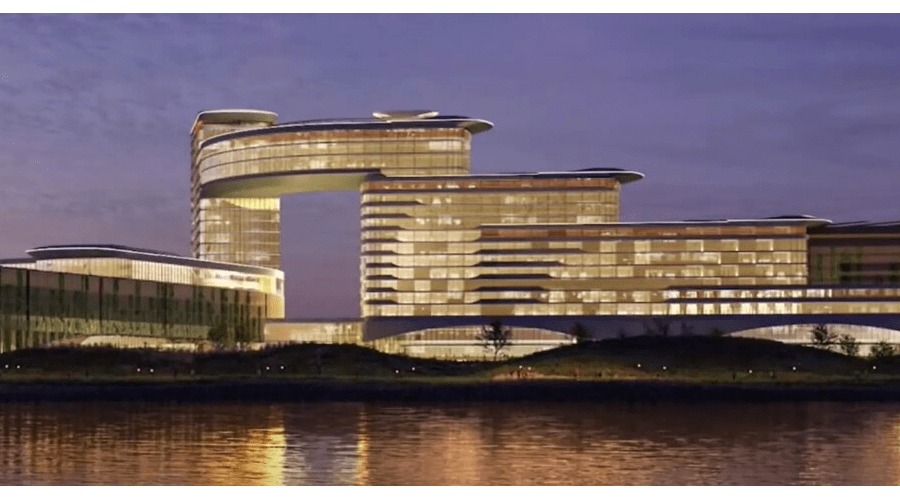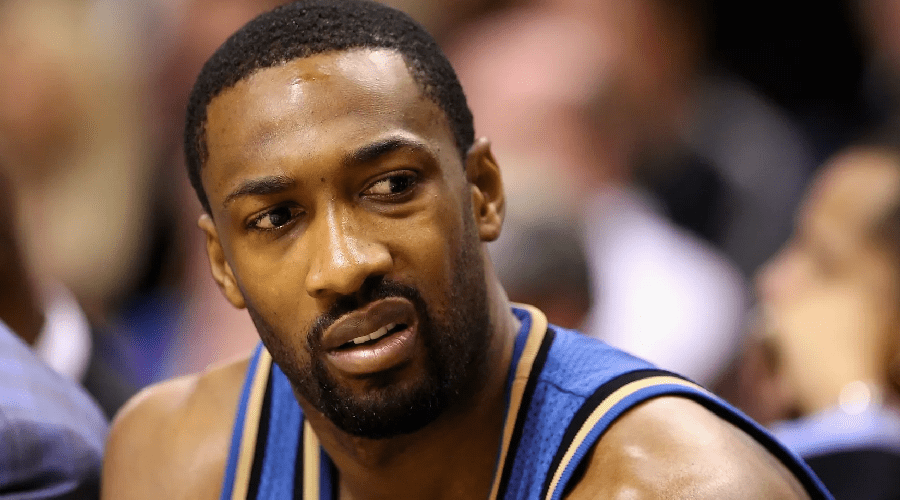Bally's again avoids analysts and claims a 5% drop in sales in the first quarter.
Bally's printed papers from January to March show how the company thinks adding Queen casinos will help the business.
Bally's Asia sale with lots of options
Bally's Corp officials did not talk to analysts when they released their first-quarter results on Monday for the third quarter in a row. In the last two quarters, there have been no calls, and on the call before that, no questions were asked.
In each case, there hasn't been much explanation. For example, in Q3 2024, there were only prepared remarks because there was a vote two weeks later by shareholders to accept Bally's buyout of Standard General. The company told iGB in March that the Q4 call had been cancelled because it had "recently completed" the merger with Queen Casino and Entertainment, which is owned by Singapore.
Now, the annual meeting of Bally's shareholders is set for Thursday, where more information may be given. The business did not say why it did not hold a results call for the most recent quarter.
Bally's sales dropped by 5% for the second straight quarter, to $589.2 million in the first quarter. In total, adjusted EBITDAR stayed the same at $147.7 million. Monday, the stock of the company finished at $11.21, down more than 42% for the year.
Split up the news before and after Queen
It was a little harder to understand the data because Bally's chose to divide the results into two time groups, called "predecessor" and "successor." Before the merger with Queen, the predecessor time was from January 1st to February 7th. From February 8th to March 31st, the successor time runs.
Overall, casino and resort income rose 2.6% year over year to $351.2 million, and adjusted EBITDAR rose 6.3% to $95.1 million. The addition of the four Queen casinos in the middle of the quarter made these numbers better. In a statement, CEO Robeson Reeves said that this "has further expanded our scale and positioned the company for compelling long-term growth."
The Queen casinos helped Bally's sites in Rhode Island, Chicago, and Atlantic City deal with problems that had been going on for a while. All three had been called laggards for a while, but things now seem to be going their way. Reeves said that problems in Rhode Island have been solved "through marketing interventions," that operations are still being fine-tuned in Chicago, and that Atlantic City should get better "because of recent leadership changes."
In some parts of the company's summary, there were also pro forma merged charts that showed the results from both Bally's and Queen. Bally's said this gave them "a baseline for comparing future results of the combined company." However, most of these comparisons still showed YoY drops, such as big drops in overall sales and adjusted EBITDAR.
Interactive is still a bit of a mess.
The mixed results of Bally's interactive games have been another trend that has stuck around. Even though UK revenue went up by 5%, foreign interactive revenue went down 18.3% to $191.7 million. This part's adjusted EBITDAR went down 7.7% to $77.1 million.
"Mostly because we sold off our interactive business in Asia in the fourth quarter of 2024," Reeves said of this big drop. The business said that segment sales increased 7.7% when the Asian divestiture was taken into account.
Reeves said, "Since that sale, our International Interactive operations are mostly focused on regulated European markets that continue to show strong growth characteristics and deliver attractive margins."
North American interaction, on the other hand, saw its sales rise 12.5% to $44.5 million, marking the third quarter in a row of double-digit growth. Bally's has a monopoly in Rhode Island, which is what helps it grow the most. It gives online gambling in four states and mobile sports betting in eleven. Even though segment-adjusted EBTIDAR dropped to a $16.5 million loss in Q1, Reeves said that the digital growth made up for the problems in retail in the state.
Draw a balance sheet trapeze
Bally's had $209.7 million in cash on hand as of March 31, and its long-term net debt was $3.43 billion. Since December 31, the company's debt has grown by more than $130 million, and that doesn't include the AU$200 million ($127.5 million) investment it made in Star Entertainment in April.
Capital costs went from $28 million in the first quarter of 2024 to $46.8 million this year. The lease payments went from $29.9 million to $44.5 million, which is a big jump. As part of the Chicago casino financial deal between the company and Gaming and Leisure Properties, it now rents out some of its casinos.
It was lowered by Fitch to a B- in March, and the outlook for the rating was changed to negative.
Analysts said, "The downgrade is due to the relatively high leverage, which is higher than Fitch's downgrade sensitivities and is expected to stay high for a longer time." "The development of the Chicago projects comes with execution risk. There are also other possible development opportunities, and the North America Interactive segment's EBITDA is still being dragged down."
Chi-town is uncertain
Bally's most important project, a $1.7 billion permanent casino in Chicago, was told to stop building on May 2. The work was stopped after reporters from the Chicago Sun-Times told the Illinois Gaming Board that skips from D&P Construction were on the site. D&P was not a licensed builder and had ties to organised crime in the past.
Late in April, Bally's filed a new prospectus for an IPO in the casino that was aimed at people in the area. The first program the company tried to make for women and minorities was turned down by the US Securities and Exchange Commission, so this was their second try. The host deal with the city says that there must be a minority ownership share. If the efforts to go public keep failing, it could be a big problem for Bally's.
The only thing that was said about the project on Monday was that "construction of the permanent Chicago casino continues with support from Gaming and Leisure Properties, Inc."
Getting Star also brings up questions
We learnt more about the company's investment in Star, which was first worth AU$300 million but was dropped to AU$200 million when Bruce Mathieson, Star's biggest shareholder, put in AU$100 million. Bally's share of stock dropped from 56% to 38% because of the change.
So far, the company has given AU$67 million ($42.7 million), which is half of its total promise. Star will likely hold a vote for shareholders on the deal sometime in June.
"The chance to own a big piece of Star and have a say in its future fits with Bally's past business strategy, and we are sure and optimistic that, just like in the past, we can use our disciplined business and financial practices to make Star stronger and create new value for Bally's shareholders," Reeves said.






